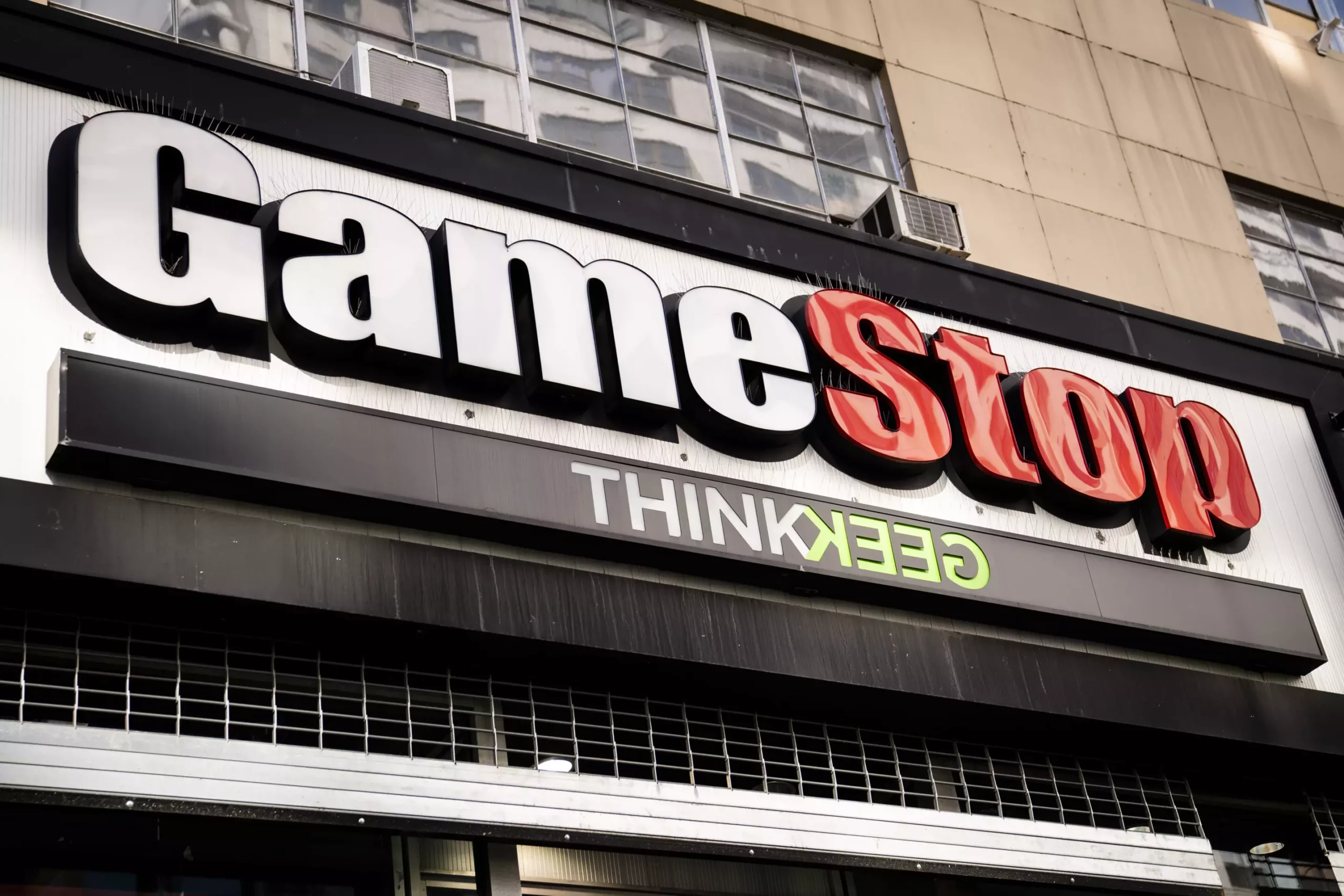In a surprising twist, billionaire Ryan Cohen has taken over as the CEO of GameStop, the video game retailer that became a household name during the meme stock frenzy. As the largest individual investor in the company and the current board chairman, Cohen’s appointment signifies a bold move to revitalize a struggling business. However, his decision to forgo compensation for his new role raises questions about GameStop’s future prospects.
A Rotating Door of CEOs
GameStop has experienced a revolving door of CEOs as it grapples with the rapidly changing gaming industry. Cohen’s appointment follows the recent firing of Matthew Furlong, a former Amazon executive who was brought in with hopes of turning the company around. Previous CEOs including Richard Fontaine, Daniel DeMatteo, Paul Raines, and George Sherman have also tried their hand at steering the ship amidst technological disruptions.
Ryan Cohen, the co-founder of Chewy, the successful online pet supply company, saw an opportunity to modernize GameStop when others were turning away. Recognizing the shift from physical game discs to digital downloads, Cohen strategically acquired significant stakes in the company. His vision and entrepreneurial spirit aligned with the aspirations of a new generation of investors looking for a chance to disrupt traditional financial systems.
The Meme Stock Revolution
GameStop’s meteoric rise as a meme stock captured the imagination of retail traders and even inspired a movie, aptly named “Dumb Money.” The stock’s value skyrocketed after a band of smaller-pocketed investors banded together to drive its price up by 1,000% in just two weeks. This phenomenon highlighted the power of the new generation of traders, armed with user-friendly trading apps on their smartphones.
Amidst the frenzy, social media platforms like Reddit were abuzz with discussions of taking on hedge funds and sticking it to the establishment. However, the Securities and Exchange Commission (SEC) has refuted claims that hedge funds were significantly impacted by investments in GameStop and other meme stocks. While retail investors celebrated their apparent victory, the true consequences remain unclear.
GameStop’s Financial Roller Coaster
In a bid to secure its future, GameStop undertook a series of stock offerings. In 2021 alone, the company raised over $1 billion through such sales. These efforts were intended to inject much-needed capital into the business and drive its transformation. Despite moments of promise, including a planned stock split last year, the company’s shares have been volatile, currently hovering around $20.
The Road Ahead
As Ryan Cohen assumes his new role as CEO of GameStop, the company stands at a crucial crossroads. Can it successfully adapt to an increasingly digital gaming landscape and capitalize on emerging trends? Only time will tell whether Cohen’s vision for modernization will bear fruit and whether GameStop can ever regain its former glory.
GameStop’s leadership shake-up and the broader narrative of meme stocks serve as a reminder of the power and influence wielded by retail traders. The world of investing is evolving, with technology democratizing the playing field. As GameStop navigates these uncharted waters, the question remains: can it reinvent itself and write a new chapter in its storied history?


Leave a Reply